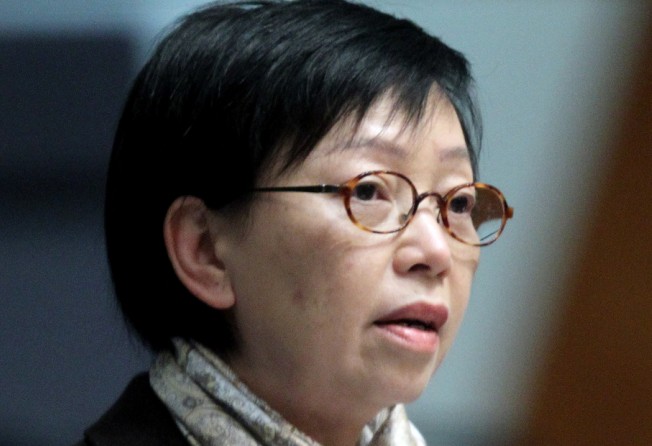Files on Hong Kong among secret British government archive
Newly uncovered stash of British government documents includes papers on Hong Kong that may reveal handover negotiation details

Thousands of government documents on Hong Kong that have been kept in a secret archive in Britain are expected to be released next year.
The files on the city - which would tower more than 80 metres high if stacked - are among some 1.2 million documents newly found to have been kept from public view.
The British Foreign Office should have declassified the files and handed them to the National Archives, in accordance with the Public Records Acts, which requires all government documents to be made public when they are 30 years old. The Guardian reported on Friday that the total archive was believed to be "far larger than the combined undisclosed archives of every other government department".
According to a basic inventory of the secret archive, some of the documents date back to the 19th century. It does not say how old the Hong Kong files are.
The stash also includes some 100 metres of records related to the United States, and 4.57 metres of files on Guy Burgess and Donald Maclean - the KGB spies who operated inside the Foreign Office and MI6.
The Foreign Office named it the "Special Collections", according to The Guardian. Last year, British Justice Secretary Chris Grayling signed a blanket authorisation to create a legal foundation for the retention of the files for 12 months.
The newspaper said the Foreign Office would have to come up with a plan to declassify and transfer the documents to the National Archives.
It quoted a spokesperson as saying that a plan would be presented next month to a committee that advises the National Archives and the Ministry of Justice.
Lawmaker Cyd Ho Sau-lan, of the Labour Party, said the Hong Kong documents could cover negotiations between China and Britain on the handover of Hong Kong, or the period following the 1967 riots, if they were just over 30 years old.
"Documents were reviewed before they were put into an archive. If they passed the review and were not destroyed back then, the … documents should be of some importance," she said.
The discovery may reignite debate about the lack of an archive law in the city. Although the 30-year rule for declassifying documents exists in Hong Kong, it is part of a government code on access to public records.
The rate of releasing such documents fell from 61 per cent in 2008 to 46 per cent in 2010, according to the Government Records Service. Last year it was 41 per cent.
Even when documents are released, the public may never know about them as the service never announces what new files have been opened.
The Ombudsman has since January been investigating inadequacies in the records system, following calls to improve storage and public access.
In January, it was revealed that the government had discarded 3.9 million records in the previous six months, which came mainly from two unspecified departments and were appraised by a single archivist.
Ho said Hong Kong needed an archive law for a more transparent government. "Take the example of the Independent Commission Against Corruption - it hasn't handed in any file to the Public Records Office since it was established [in 1974]," she said.